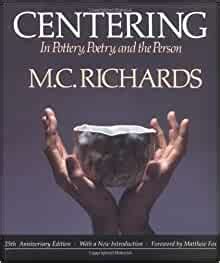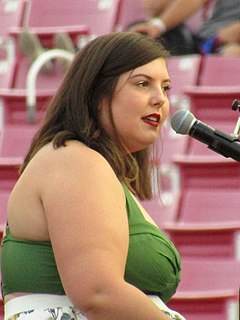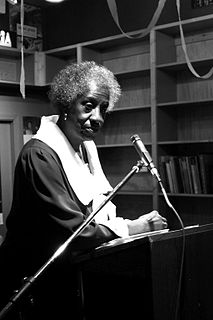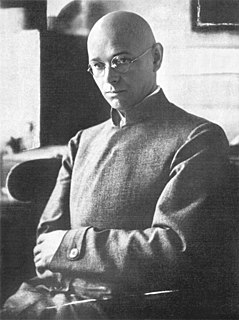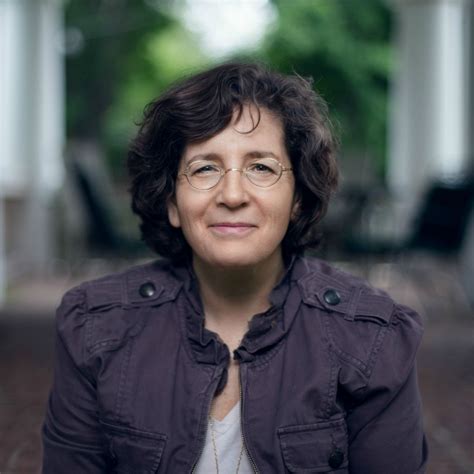A Quote by Connie Nielsen
The act of writing can be a form of release - a confession performs the same action: putting your inner life on the page or into the hands of a trusted person releases tensions and sheds light on what often seems hidden until spoken - or written.
Related Quotes
And with listening, too, it seems to me, it is not the ear that hears, it is not the physical organ that performs the act of inner receptivity. It is the total person who hears. Sometimes the skin seems to be the best listener, as it prickles and thrills, say to a sound or a silence; or the fantasy, the imagination: how it bursts into inner pictures as it listens and then responds by pressing its language, its forms, into the listening clay. To be open to what we hear, to be open in what we say. .
Why is so much sex needed? Because you are tense, sex becomes a release. Your tensions are released through it - you feel relaxed, you can go to sleep; if you repress it, you remain tense. And if you repress sex - the only release, the only possibility of release - what will happen? You will go mad. Where will you release your tensions then?
When you are writing a spoken word poem, the tools you're working with are your voice, your body, how it's going to sound to someone when you're saying it out loud. Which is different from when you're writing it on the page. That toolbox becomes how does this look visually on the page, how does this read among pages, how is this in relation to poems that are before it or after it. I don't think one is better or more successful than the other. You've just gotta think about "what are the tools I'm using, and how are they most effective in this form?"
Whatever you are doing, if there is contentment and a feeling that this whole existence is nothing but the manifestation of godliness, that we are traveling on holy earth, that whomever you are meeting, you are meeting God - there is no other way; only faces are different, but the inner reality is the same - all your tensions will disappear. And the energy that is involved in tensions will start becoming your grace, your beauty.
The brain seems a thoroughfare for nerve-action passing its way to the motor animal. It has been remarked that Life's aim is an act not a thought. To-day the dictum must be modified to admit that, often, to refrain from an act is no less an act than to commit one, because inhibition is coequally with excitation a nervous activity.
this is what I know about courage: You don't have to think about courage to have it. You don't have to feel courageous to be courageous. You don't sit down and say you're going to be courageous. At the moment of action, you don't see it as a courageous act. Courage is the most hidden thing from your eye or mind until after it's done. There's some inner something that tells you what's right. You know you have to do it to survive as a human being. You have no choice.
When I worked with various healers of one kind or another, very often what came up was that there was an "inner" person who was controlling what was going on in the life of the "outer" person, who thinks he's in control of his life. That inner person has a vested interest in keeping the person from getting well, so the healing doesn't take place.
The surrealist thinks he has outstripped the whole of literary history when he has written (here a word that there is no need to write) where others have written "jasmines, swans and fauns." But what he has really done has been simply to bring to light another form of rhetoric which hitherto lay hidden in the latrines.
When you're young, your perception of what it means to be a writer is often less about the writing and more about what seems to be the accompanying life: speeches and travel and hanging out with other writers. You think that when you get published, your life will clarify itself to you somehow. But when you don't get published until you're middle-aged you know who you are already, and your life expands to make room for your writing, rather than orbiting around it. You realize that there's no one way to be a writer, and that the job is less of an identity and more of a vocation.

